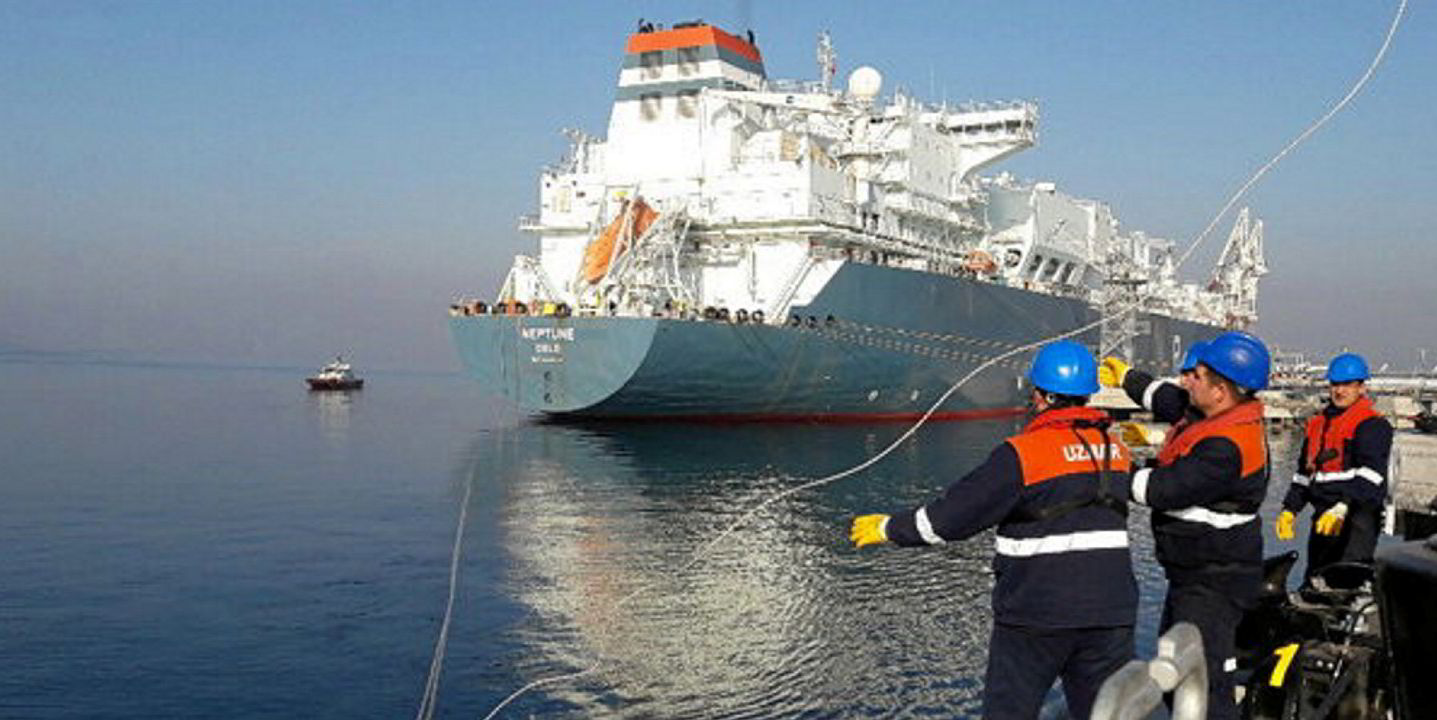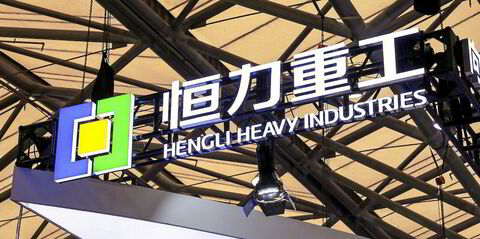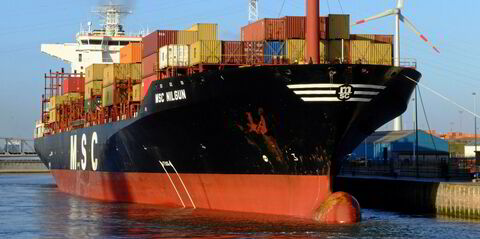John Fredriksen’s Flex LNG finds itself with stacks of cash but no obvious way to spend it, according to Clarksons Securities.
The Oslo-listed LNG carrier owner has been refinancing debt this year, taking advantage of the firm market and its large charter backlog to improve terms and free up money.
A total of $148m has been released so far, with another $99m expected within the first quarter.
Liquidity will rise by $300m in total when the process is complete.
Cash already stood at $271m at the end of the third quarter.
The shipowner also announced a $100m at-the-market stock offering this week, potentially boosting this total even further.
“Flex LNG has a lot of freedom thanks to the large amount of cash, but there are few obvious things to do,” Clarksons Securities analysts Frode Morkedal and Even Kolsgaard said.
Acquisitions from private owners may be an option, however.
“The company may attempt to exploit its slight premium above net asset value to drive industry consolidation. Some privately held enterprises may be willing to sell at a historically high price by swapping their LNG carriers for shares and possibly some additional cash,” the analysts said.
Prohibitively priced?
Newbuilding orders appear less likely. A new vessel today is estimated to cost roughly $250m, but delivery will not be before 2026 or 2027.
“Although five-year charter rates for prompt vessels, around $135,000 per day, should defend the price, forward rates so far ahead are likely closer to $100,000, giving returns of circa 10%,” the analysts said.
“The return isn’t very comforting when newbuilding prices are at all-time highs,” they added.
Flex LNG could potentially distribute some of its excess cash to shareholders, as it did in the previous quarter.
But Morkedal and Kolsgaard said: “We doubt that returning cash would make a major difference in valuation. In our perspective, the market will only appreciate dividends from cash flows.”
Clarksons Securities expects few surprises on profit levels in the future, with 12 of 13 vessels on fixed-rate contracts and the earliest practical redelivery in 2026.
The investment bank has a “neutral” rating on the shares.




